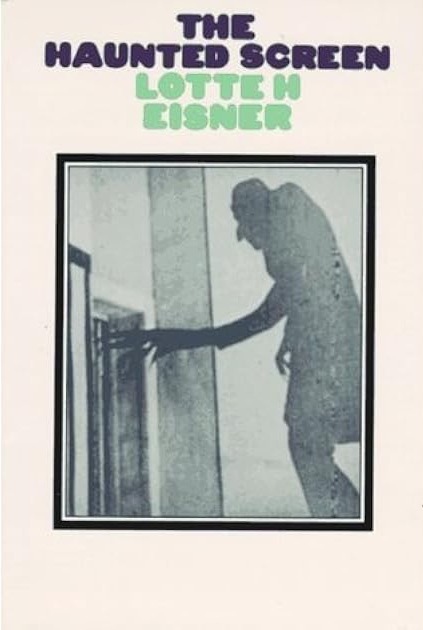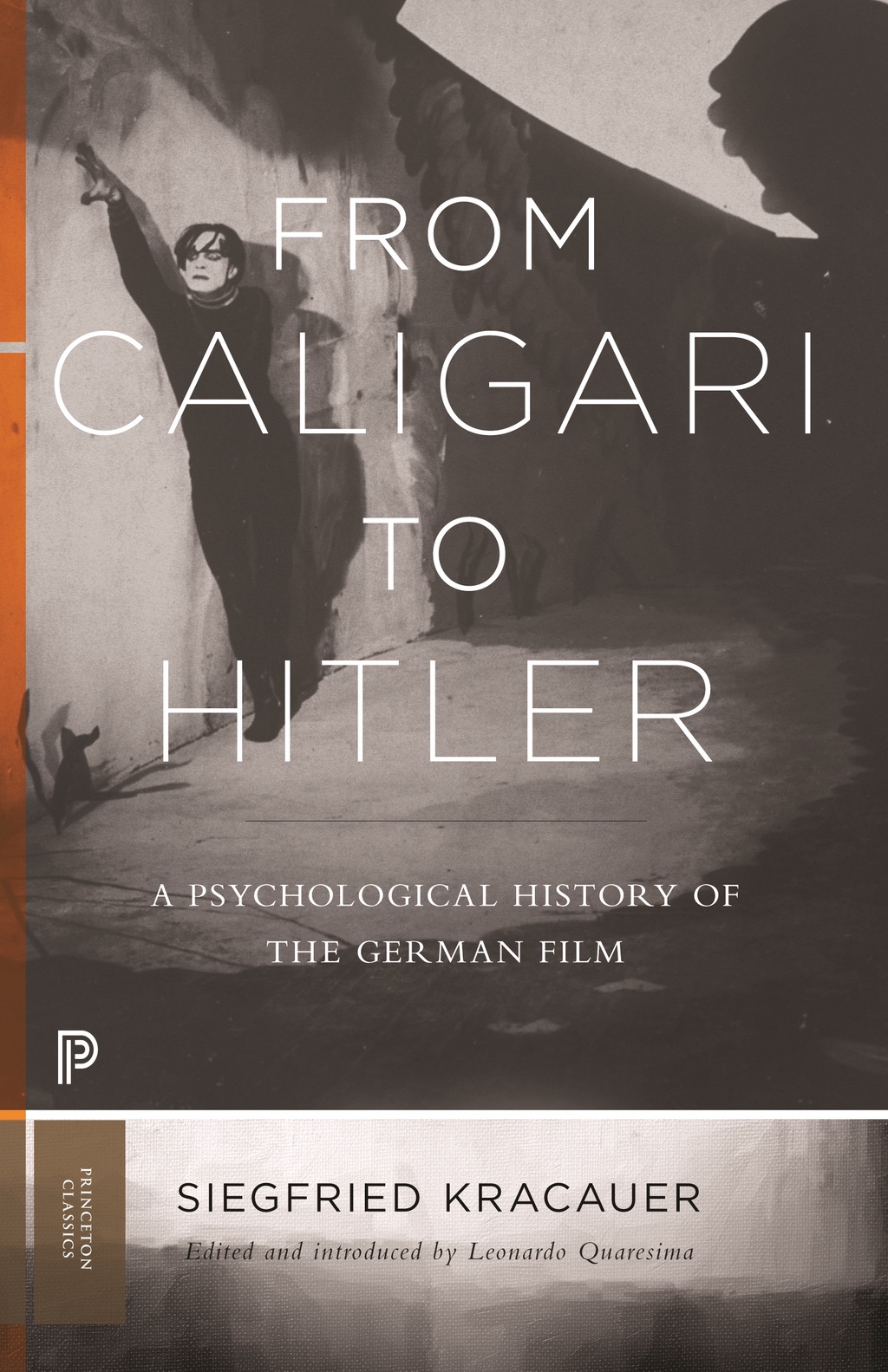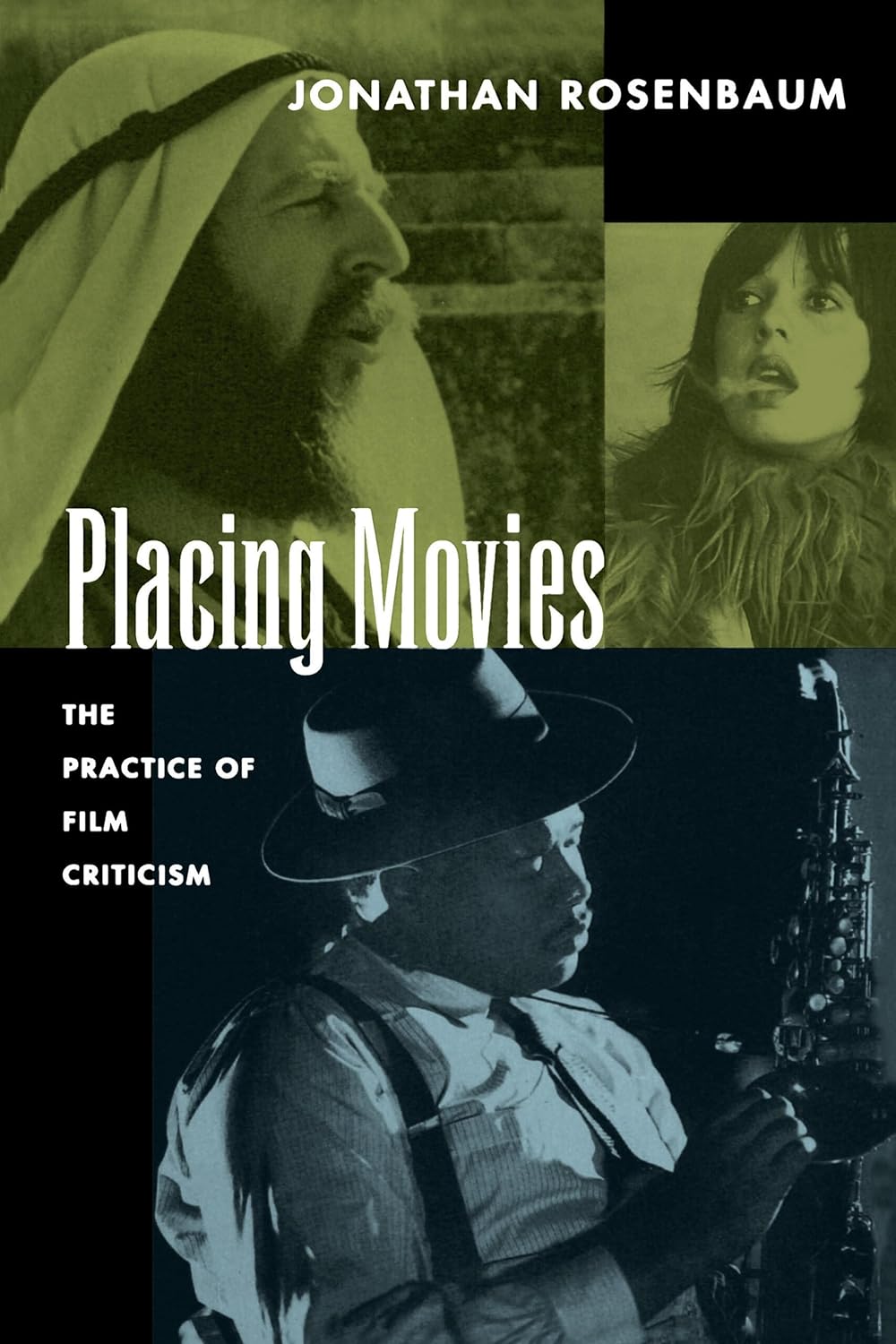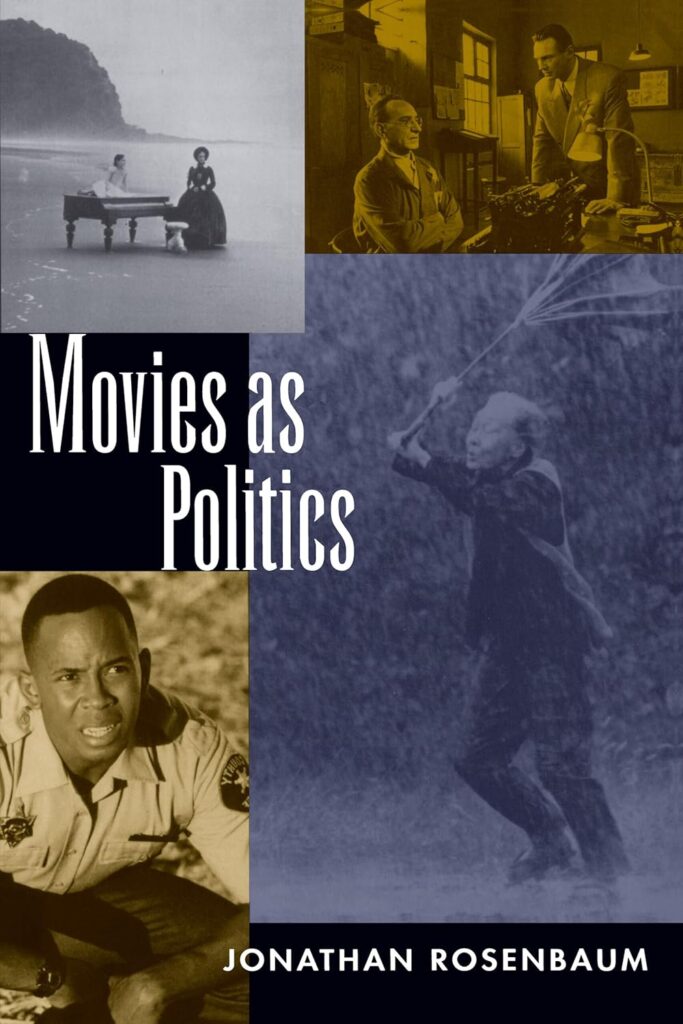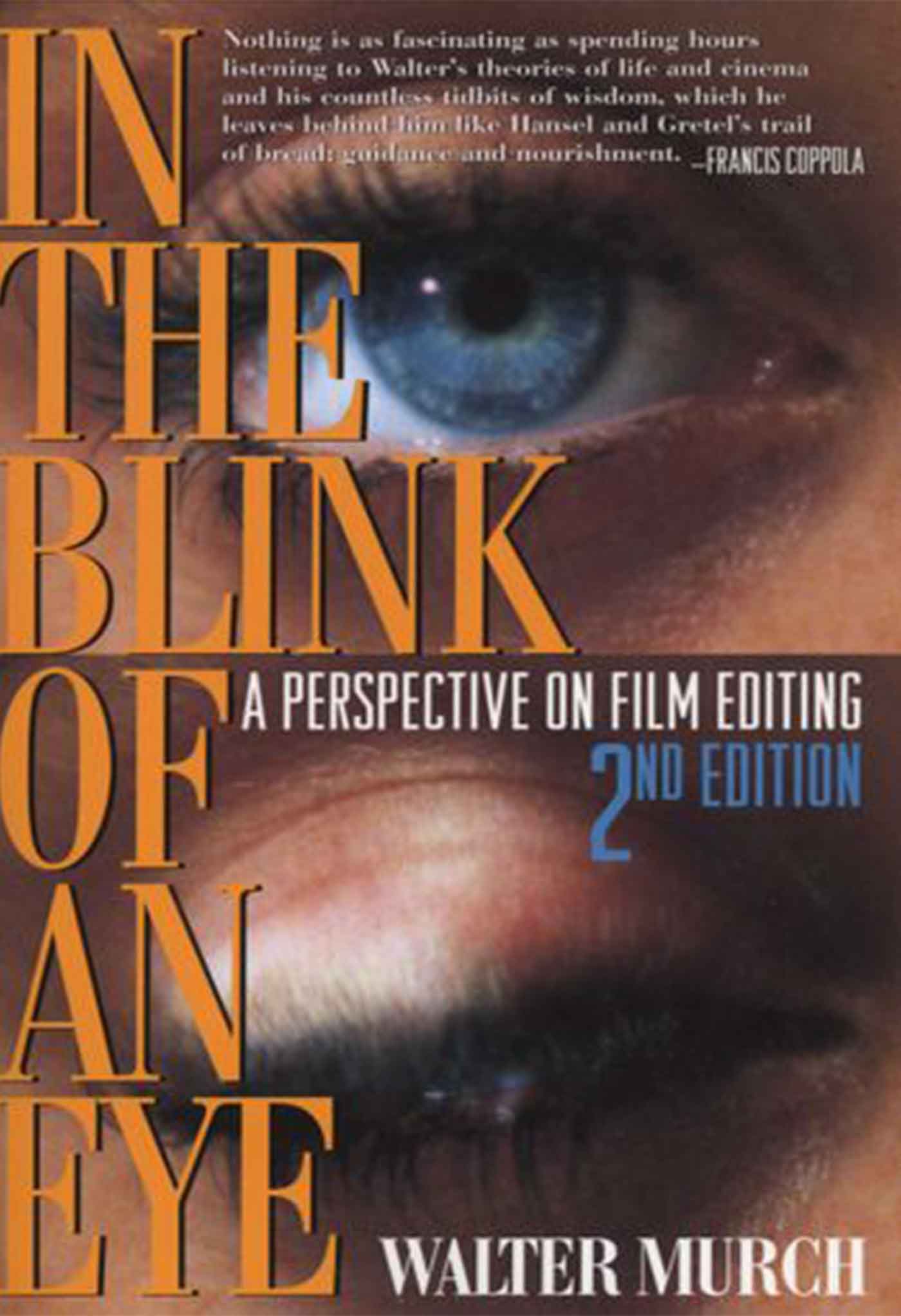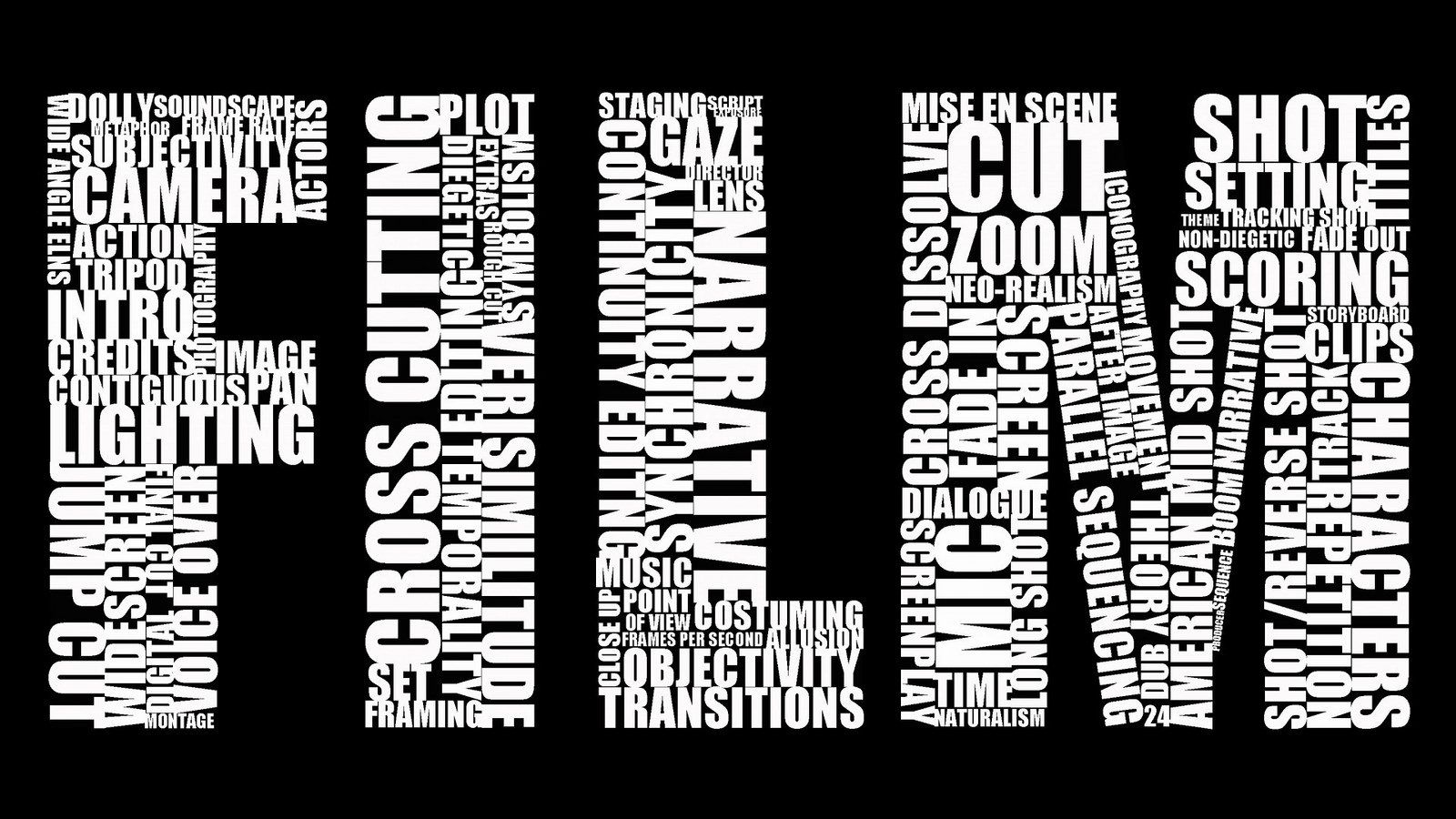When I first started this blog roughly three years ago, it was solely to briefly mention films and TV shows that I found remarkable. To boost works that fell through the cracks. It grew from that, to more long-form essays, more personal examinations, more experimental takes on how one — and others — examine media.
Apart from fellow classmates, I’ve never known anyone who is familiar with any of the works I’ve extolled over the past two weeks. All of these works were imparted to me in a collegiate atmosphere, but all helped to form my idea of, not only what film criticism and analysis could be, but also what film could be.
I have no idea whether these works will do the same for you but, like the other entries in this blog, I hope they’ll prod you to seek them out, even if some of them sound too dry or academic.
The sole work I’m including here that I wasn’t introduced to in school is James Baldwin’s THE DEVIL FINDS WORK, the last post in this series. I previously wrote about THE DEVIL FINDS WORK here. I’d suggest reading that before going further, but hopefully it’s not a necessity.
Not mentioned in that post is that I was only aware of Baldwin because of his fictional works and activism. If you haven’t read GIOVANNI’S ROOM? That is an essential read, especially if you are queer.
My prior post regarding THE DEVIL FINDS WORK touches on many of the words I’ve posted about in this series, and like in that post, I will express my frustration that THE DEVIL FINDS WORK was not part of any of my curriculum. Baldwin was an expert cultural and media critic and his essays are absolutely essential in examining cinema.
To bluntly underscore matters: I am still pissed off that I discovered it so late in life, not just at the teachers I had (many of whom I love dearly) but at myself for not finding a way to have that text in my hands earlier.
THE DEVIL FINDS WORK is that good. It is that important. It is relevant. Like FROM CALIGARI TO HITLER it examines the cultural impact of populist media regarding race, class, and sexuality. Also? It’s so well-penned and, while it will make you angry — at culture, at people, at the world in general — it is so very readable.
I plan to follow this series up with an array of modern film criticism and analysis that has influenced me since. I’d love to say that, due to the Internet, there’s never been a better, more egalitarian time to write about film and have your words read and seen, but I’d be lying.
There was a brief period of time where astute film criticism and analysis was boosted by the Internet and everyone could have their own platform via their own website and others could be inspired by others.
Thanks to the bubbles created by social media, YouTube clickbait, Rotten Tomatoes, et al.? Those times are over, at least for now.
That doesn’t stop folks like myself from finding ways to write about film or media in general, and there are so many folks from so many walks of life who are doing the same, and it can often feel like screaming into the void, but they are there if you seek them out.
If you don’t make that attempt? Well, you are just as guilty as I was for not seeking out THE DEVIL FINDS WORK earlier.
You can get a copy of THE DEVIL FINDS WORK via Matt Zoller Seitz’s store!
![THE DEVIL FINDS WORK (1976) [REDUX]](https://mediaclature.com/wp-content/uploads/2024/03/the-devil-finds-work.jpg)
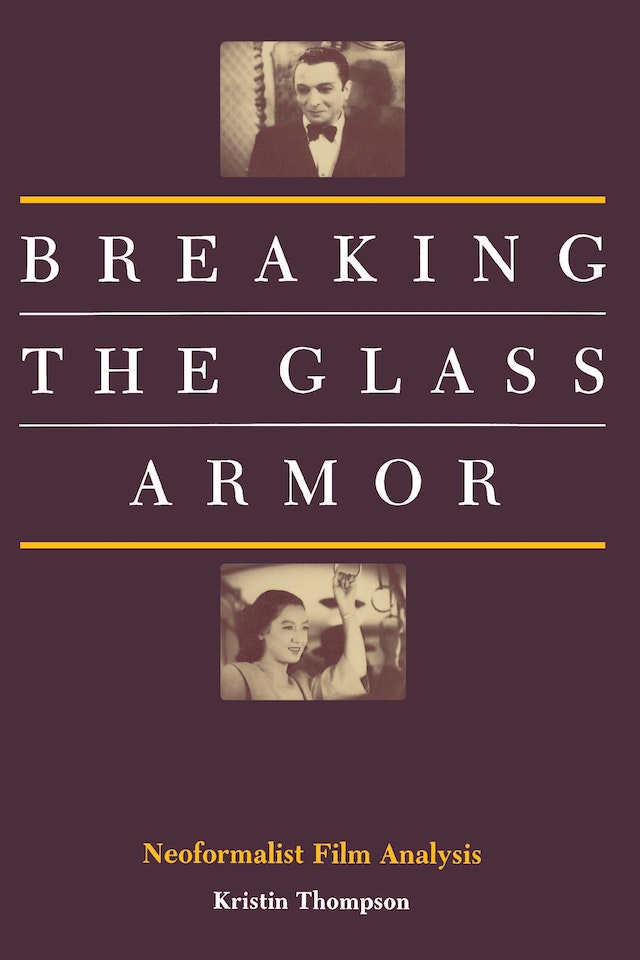
![MEN, WOMEN, AND CHAIN SAWS (1992) [REDUX]](https://mediaclature.com/wp-content/uploads/2023/09/men-women-chain-saws-1.jpg)
